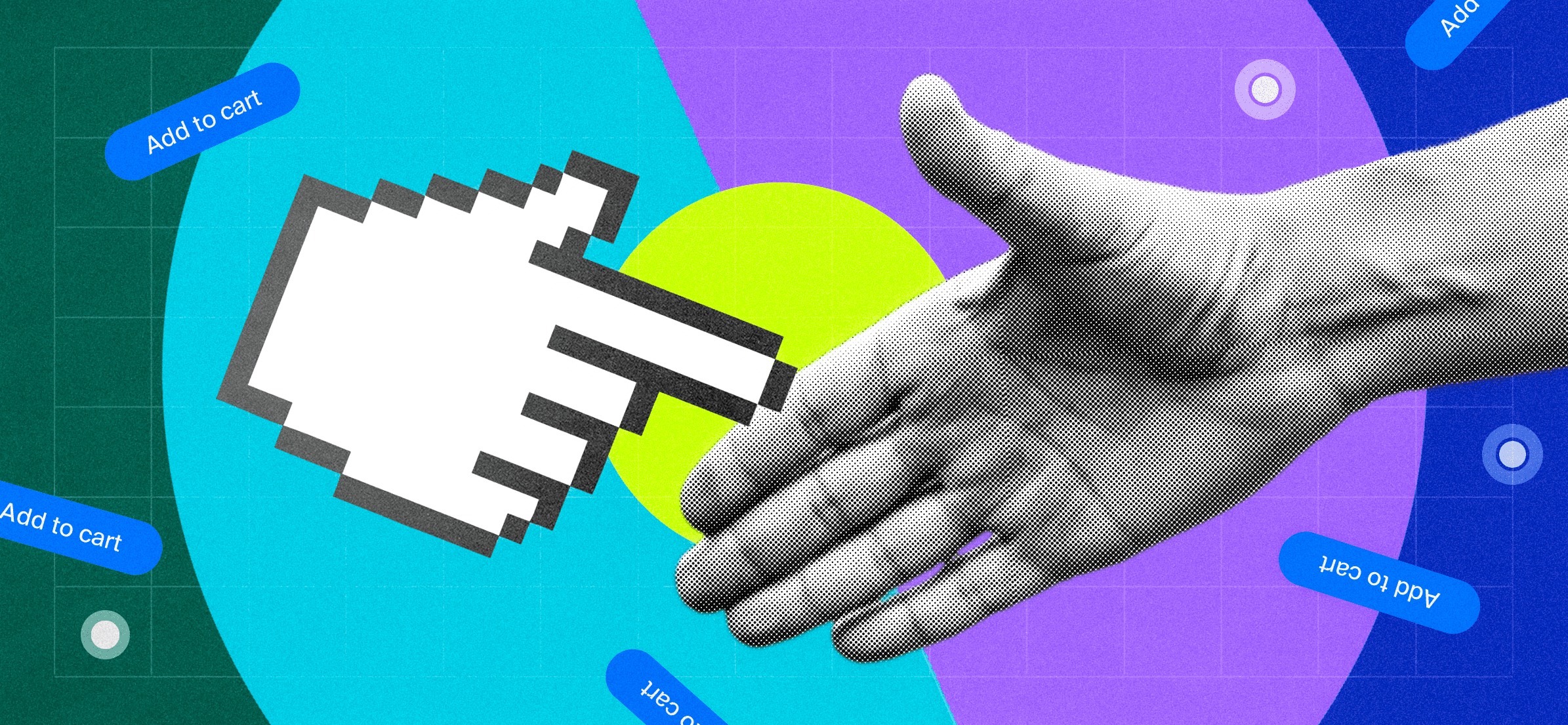
Business
No More Excuses: Correcting Three Common Misconceptions about B2B Ecommerce, Part 3
The third in a three-part series.
Despite the massive opportunity ahead in ecommerce for business-to-business (B2B) organizations—an estimated $3 trillion by 2027—some B2B companies are still dragging their feet in selling online. With so much at stake, we’re considering the three main excuses we’ve heard from B2B ecom skeptics—and offering some reality on why, with respect, we think they’re dead wrong.
Part One busted the myth that business buying and consumer buying are fundamentally different. Part Two tackled the relationship between B2B ecom and emotion. Now, in our series finale, we investigate the most time-tested excuse of all.
Excuse #3: Ecommerce is great for digital convenience, but B2B is all about personal relationships.
The most ardent ecom holdouts offer this excuse with great vigor. All B2B sales rely, they argue, on real human touch—led by a sales rep who’s ready and willing to press the flesh and sit across from their customer at the bargaining table, pen in hand. To them, the ultimate sales tools are an industry conference and a golf course, not a mouse and a screen.
Once more, this excuse isn’t entirely off base. Personal relationships have indeed been critical to the B2B ecosystem for generations, and they’ll never go completely extinct. Even the most obscure industrial component represents, at some level, a “people business.”
But for all their charms and gumption, good salespeople are notoriously difficult to scale. Despite the benefits of virtual working, humans are still constrained by time zones and limited by the amount of viable hours in a day.
This excuse may be well-intentioned, but ultimately, it limits the opportunity for businesses to grow.
Reality #3: Good ecommerce can enhance the personal side of B2B rather than oppose it.
The average B2B purchaser today makes it 65% of the way through the sales process before feeling ready to engage a rep. Most would prefer to do their own research, on their timeline and their terms. We’ve been saying it for years: the customer is in charge of when and how they engage with any company, and time is their most precious commodity.
Convenience is a big part of this shift in preference, of course, but it’s also a matter of trust. Many customers believe their own research more than what a sales rep might tell them. Or at least they feel better with a combination of both, wanting to trust but willing to verify.
So many forward-thinking B2B organizations consider ecommerce to be a channel that operates in harmony alongside its human salesforce, not in competition with it. A well-designed system works 24/7/365 to give prospects and customers the details they need to inform their research and ultimately facilitate a purchase.
And when a rep does get involved, their target can be more informed and closer to commitment from the start. Which frees up more bandwidth for focusing more on human connection and less on administrative matters.
Even industries who work with outside sales functions—think a truck manufacturer with a dealer network, or a medical device maker with distributors—can find new digital strength. We’ve built “near-commerce” systems that give prospective buyers all the information they need to place their order, culminating in a network referral to finalize the deal.
The key is creating an experience that enables B2B buyers to use self-service at whatever capacity they want. Many businesses will never reach 100 percent online ordering, nor would they seek to. But all should be ready to deliver an experience that meets the needs of all would-be buyers—whether they’re clicking in their kitchen at midnight or signing the dotted line at Pebble Beach.
—
The three excuses in this series are far from a comprehensive list. Some B2B companies might feel too invested in the old ways to evolve—but stubbornness won’t stop the winds of change. Some may take comfort that their competitors are also proceeding at a leisurely pace. But chances are, whatever the industry, a new disruptor will arrive before long.
Most likely, we suspect that the determining factor in a skeptic’s logic is that ecommerce is hard. And we admit, it is!
Doing it right requires a number of fundamental shifts: cleaner data, better taxonomy, a deeper understanding of the customer journey. Not to mention the operational strength required to produce, stock and fulfill all those new orders. (Unsurprisingly, we believe an expert partner is also critical.)
But our experience suggests that the effort is more than worth it. The tools are built, the culture is ready, and the evidence is clear. All that’s missing is the will to work through the excuses and unlock new levels of growth.
And for anyone who still doubts the opportunity ahead, we have three trillion reasons to disagree.
Drop us a line
ALL FIELDS REQUIRED







